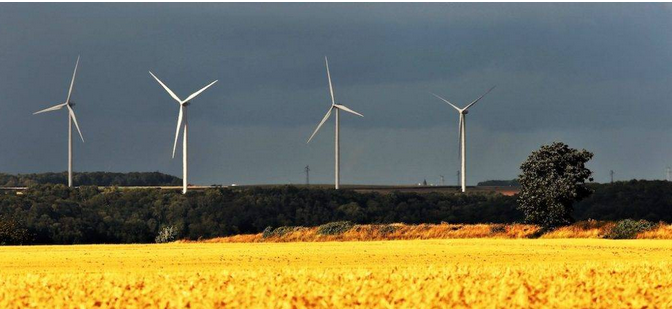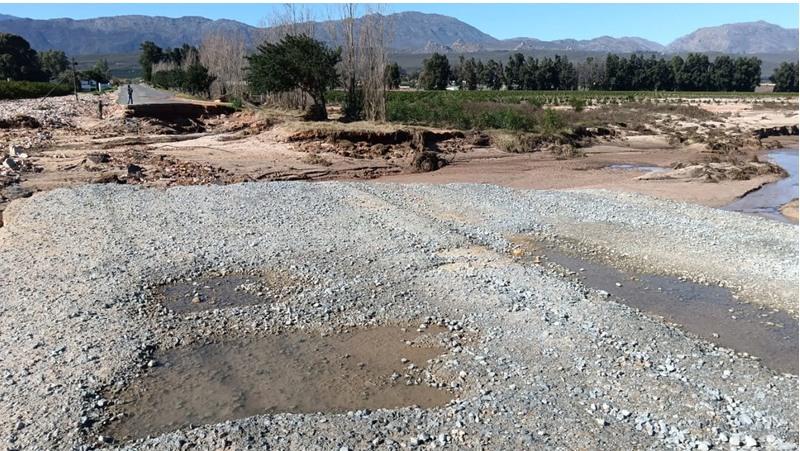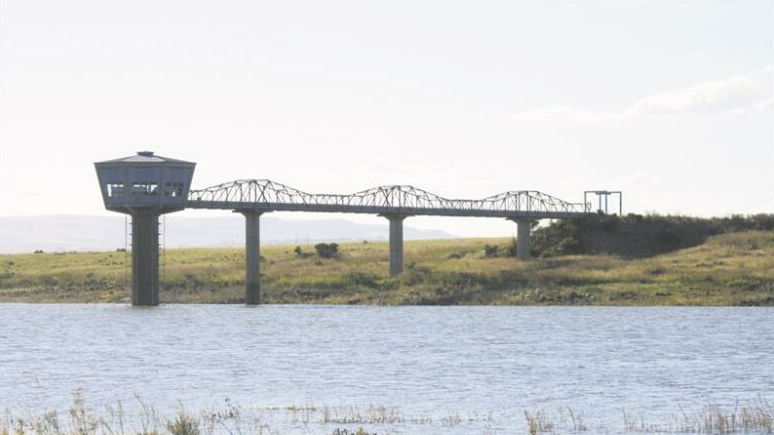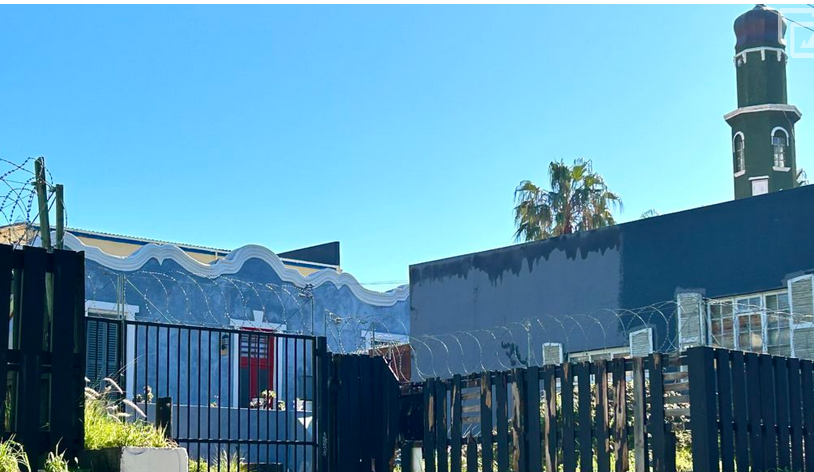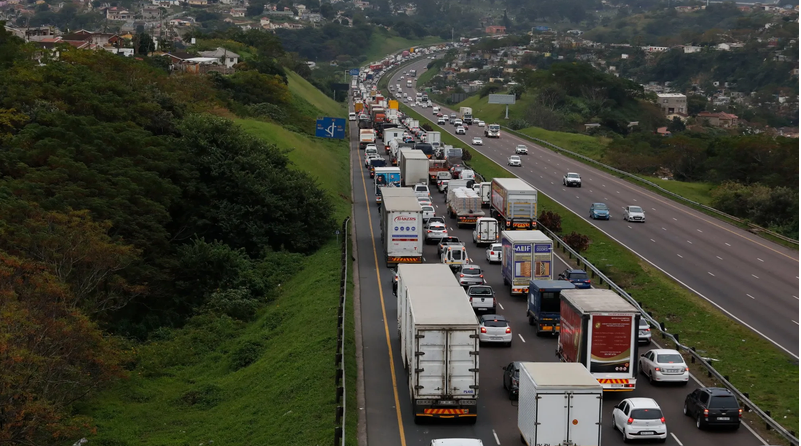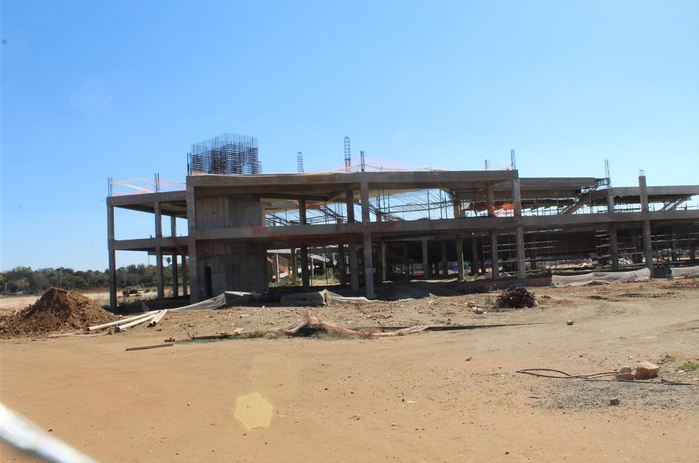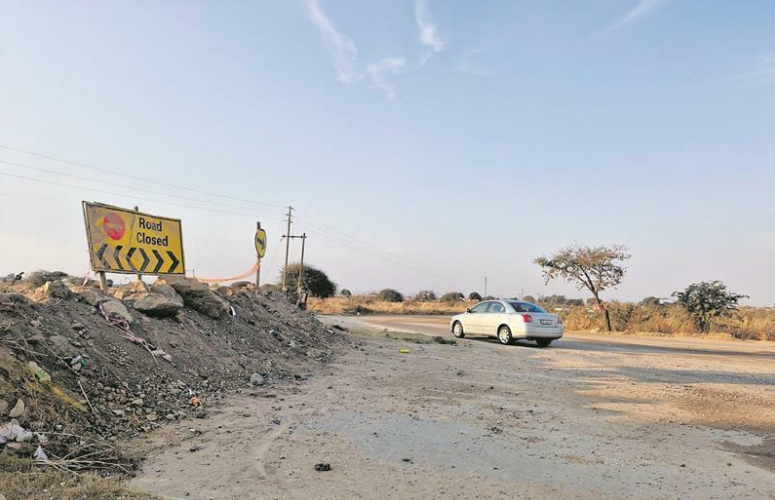Mining fundamental for SA economy

30-09-2014
Read : 98 times
Bizcommunity.com
Source
Mining was one of the key industries in the South African economy with a total income of R408bn in 2012, says Statistician General Pali Lehohla.
"The largest contributor to total income was platinum group metals with an income of R117bn, followed by coal and lignite with an income of R96bn, iron ore contributing R68bn and gold and uranium ore R67bn," Lehohla said.
Lehohla was releasing the findings of the Periodic Large Sample Surveys for the Mining and Trade Sectors that includes wholesale, retail, motor and accommodation during a media briefing in Pretoria.
The three leading provinces contributing to the total income generated by the mining industry in 2012, were the North West with an income of R120bn, Mpumalanga with income of R97bn and the Northern Cape with income of R73bn.
Lehohla said the mining industry employed 535,000 people by the end of June 2012.
Employees in the industry included 377,000 mine employees, 100,000 employees of sub-contractors, 34,000 labour broker employees as well as 24,000 capital employees.
Trade sector
Referring to the trade sector Lehohla said the total income for 2012 was R2.3bn, which had an average growth rate of 7.8a year over the income reported in 2009 - which was R1.8bn.
The largest contributor to the total income was the wholesale industry with R1.1bn, followed by the retail trade industry with the income of R643bn and the motor trade industry with an income of R521bn.
He said the accommodation industry contributed to R44bn, while the food and beverages industry contributed R40bn.
The fastest growing industries between 2009 and 2012 were the motor trade and the retail trade industries.
The trade sector was the second largest employer with about 3.1m people employed for both value-added tax (VAT) and non-VAT registered businesses.
Lehohla also released the results of the Quarterly Financial Survey of Municipalities, which focused on the period between March and June this year and showed that the purchase of water increased by 1.4%.
"Purchases of electricity increased by 27.8% over the same period while sales of electricity increased by 6.8 percent between the quarters ended March and June," he said.
Lehohla said the survey revealed an increase of 3% in the sale of water over the same period.
He further noted that employee related costs increased by 4.6% between the quarters.
Recent News
Here are recent news articles from the Building and Construction Industry.
Have you signed up for your free copy yet?

